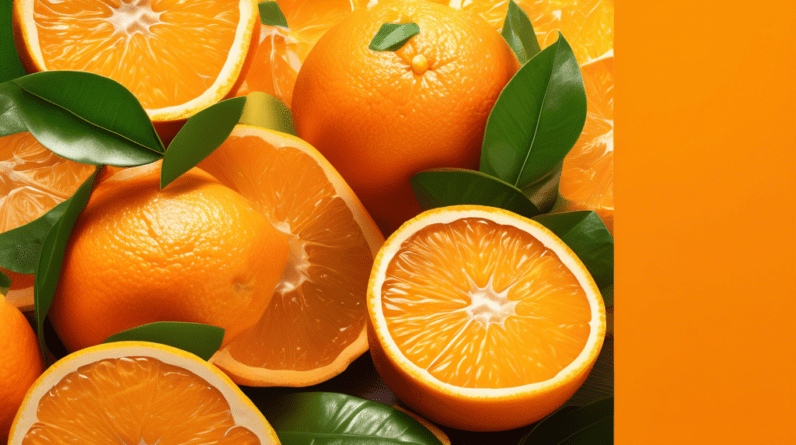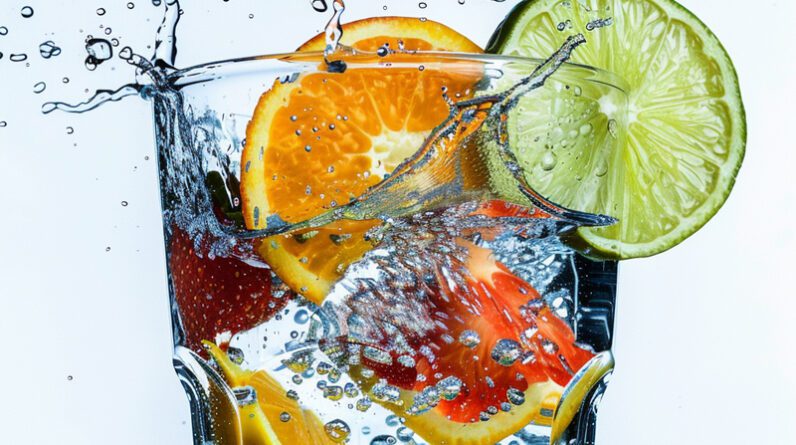Okay, let’s be honest, who here hasn’t gotten sucked into a clickbait email subject line promising some kind of miracle transformation? I know I have! Just the other day, I saw one that said, She lost 15 pounds in 10 days with this one weird trick! (Spoiler alert: it was a juice cleanse.) And you know what? I clicked. Curiosity got the better of me.
That got me thinking about all the buzz around juice cleanses and their supposed weight-loss magic. So, I dove down the rabbit hole, did some research, and I’m here to share the lowdown on 10-day juice cleanses and what you can realistically expect in terms of weight loss.
Understanding the Juice Cleanse Hype
Juice cleanses have become super trendy, with promises of detoxing your body, boosting energy levels, and yes, shedding pounds quickly. The idea is that by consuming only fruit and vegetable juices for a certain period, you give your digestive system a break, eliminate toxins, and supposedly jumpstart your metabolism. Sounds great, right? But hold on, let’s dig a little deeper.
The Weight Loss Rollercoaster
Here’s the thing: Most of the weight you lose during a juice cleanse is water weight, not actual fat. See, our bodies store carbohydrates as glycogen, and glycogen holds onto water. When you drastically reduce your calorie intake, like on a juice cleanse, your body taps into those glycogen stores for energy, and voila, the water weight goes with it. That’s why you might see a dramatic drop on the scale initially.
But, and this is a big but, as soon as you return to your regular eating habits, that water weight is likely to come back. So, while you might experience a temporary loss in pounds, it’s not sustainable weight loss in the long run.
Factors Influencing Weight Loss on a Juice Cleanse
Now, the amount of weight you could potentially lose on a 10-day juice cleanse can vary depending on several factors:
1. Your Starting Weight:
Generally, individuals with a higher starting weight tend to lose more weight initially due to having more water weight to shed.
2. Calorie Intake:
Different juice cleanse programs have varying calorie levels. Lower-calorie cleanses will likely lead to more significant but temporary weight loss.
3. Activity Level:
If you maintain your usual exercise routine while on a juice cleanse, you might experience slightly higher weight loss, but it’s important to listen to your body and avoid overexertion.
4. Body Composition:
Muscle mass burns more calories than fat mass, so individuals with a higher muscle mass may experience a smaller change on the scale despite losing fat.
Potential Benefits (Beyond the Scale)
Okay, so maybe the weight loss aspect of juice cleanses isn’t all it’s cracked up to be, but are there any other potential benefits? Some people report feeling more energized, focused, and having clearer skin after a cleanse. This could be due to the increased intake of vitamins and minerals from fruits and vegetables. Additionally, taking a break from processed foods and sugary drinks can be beneficial for overall health.
Possible Drawbacks to Consider
It’s important to be aware of the potential downsides of juice cleanses too. They can be quite restrictive and may lead to feelings of hunger, fatigue, and irritability. Additionally, juice cleanses lack essential nutrients like protein and fiber, which are crucial for overall health and satiety. And let’s not forget, drastically reducing calorie intake can slow down your metabolism, making it harder to maintain weight loss in the long term.
The Verdict: Juice Cleanse for Weight Loss?
So, should you hop on the juice cleanse train for weight loss? Well, that’s a personal decision. If you’re looking for a quick fix or a temporary drop in water weight, then a juice cleanse might deliver. However, if you’re aiming for sustainable, long-term weight loss, a balanced approach with a healthy diet and regular exercise is a more effective and healthier route.




